Uber causes controversy
Uber battles in Chicago, expands in suburbs
December 3, 2015
While up and coming ride-sharing companies such as Uber and Lyft are providing quick rides in downtown Chicago, the services have also gained footing in the suburbs with high school students.
The most popular of the services is Uber, especially its non-professional option UberX. UberX is the most affordable yet most controversial due to the competitive danger it poses to taxi companies. Dirk Molek ‘16 uses the service for rides in Chicago and the LT area, along with many other students.
“The best part is the convenience,” Molek said. “I could get home without having to bother my parents or anyone else I knew.”
In Chicago, a recent legal battle erupted between taxi drivers and supporters of the ride-sharing services. While drivers for Uber or Lyft must meet driving experience requirements and pass a background check, taxi companies are concerned that the mainly unregulated service will unfairly undercut their market.
According to the Chicago Tribune, “Cabdrivers protest the proposals, saying they make it more difficult to compete with the ride-hailing companies that are already stealing business.”
Recent meetings by the Chicago City Council discussed possible new regulations for the apps to prevent harm to the taxi industry, including requiring Uber drivers to purchase costly chauffeur’s licenses. In the weeks before the meeting, Uber reached out for support via emails to customers and television commercials.
“The [legislation] that emerged was largely a win for the ascendant ride-share companies,” the Chicago Tribune reported. The new regulations also permitted drivers from Uber and similar services to pick up from Chicago’s airports, Navy Pier and McCormick place—all high-profit areas formerly serviced exclusively by taxis.
New regulations similar to Chicago’s are developing in cities across the country, creating new expansion opportunities for the ride-sharing apps and fueling expansion both into suburbs of currently served cities as well as into smaller cities.
The legal conflict has not spread into the suburbs, in part due to the lower amount of cabs serving the areas. Some students have come to rely on the service as a designated driver. Though Uber has been criticized for enabling underage drinking in these areas, little action can be taken against the company in response.
“I feel like they’re doing everyone a service in making drinking safer,” an anonymous student said. “It puts my mind at ease knowing that more people are choosing safe options to get home at the end of the night.

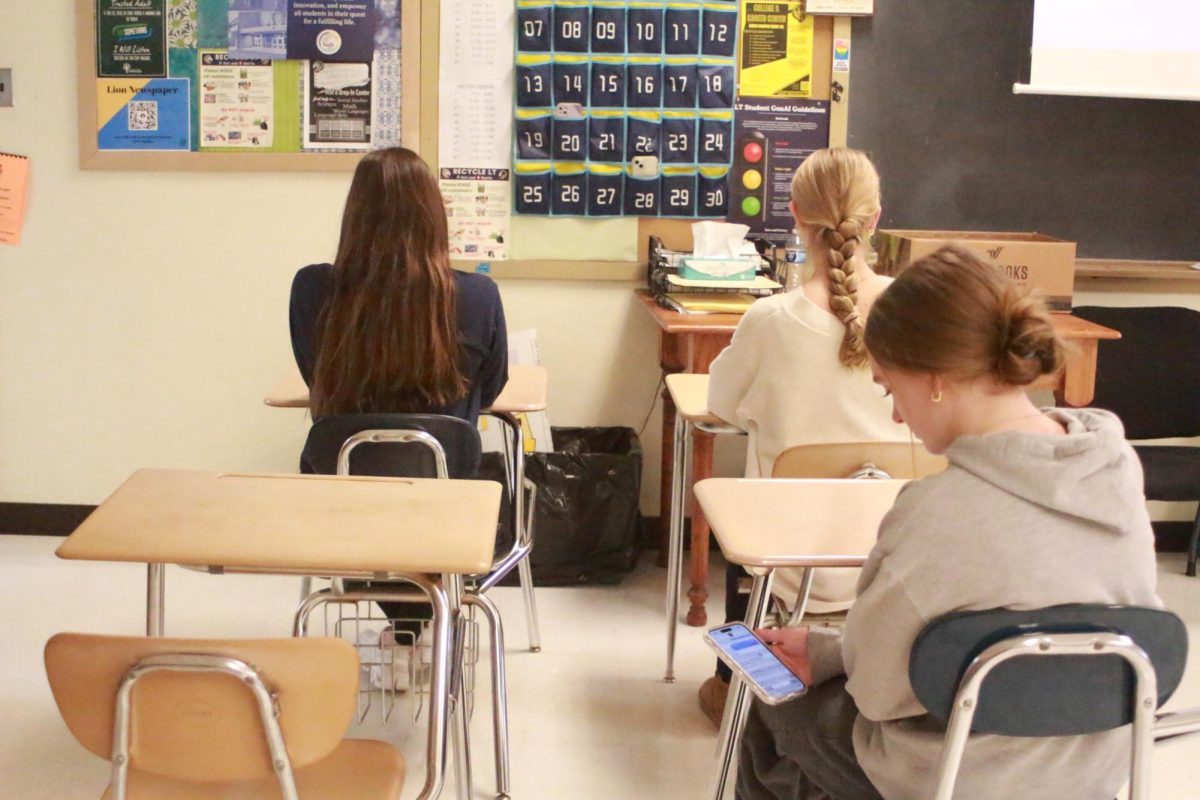

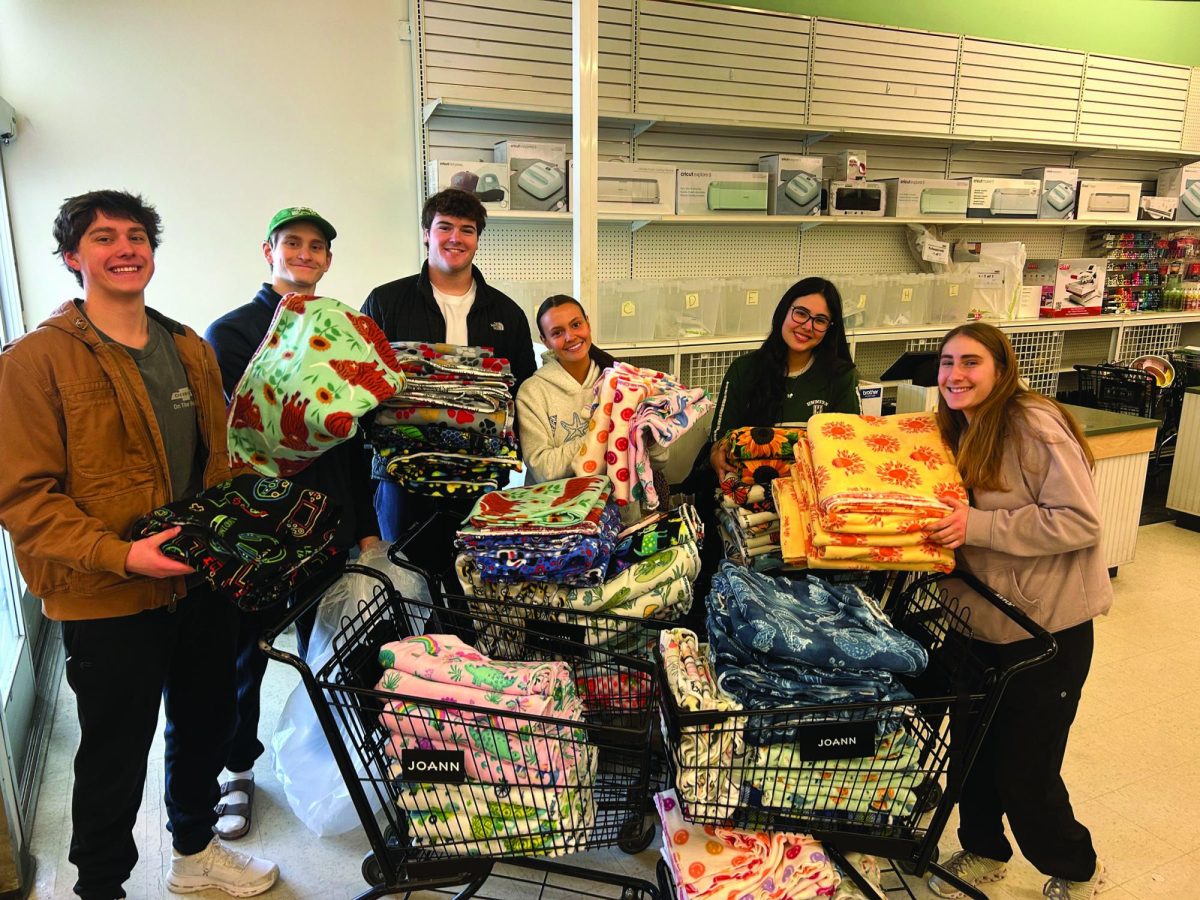
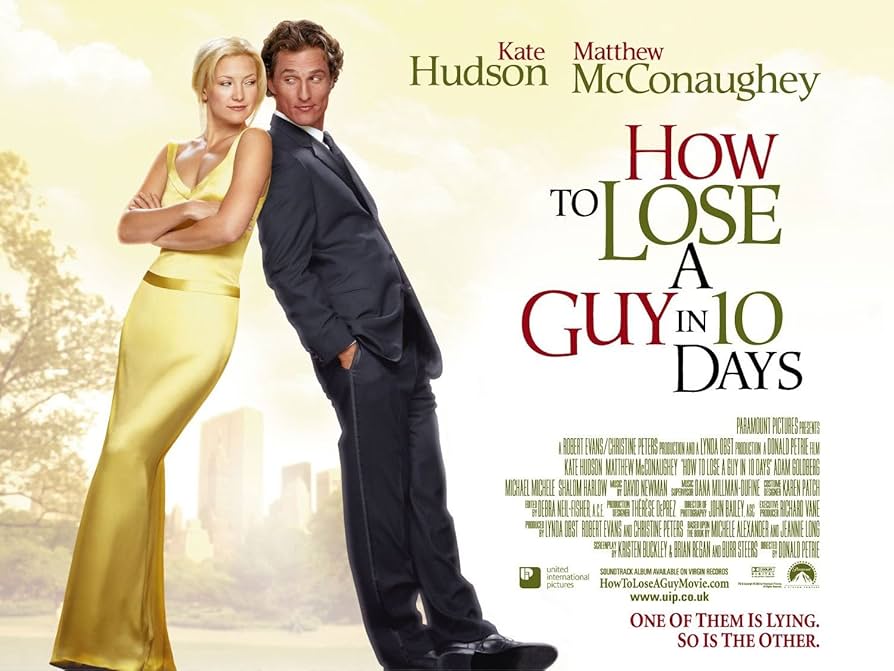
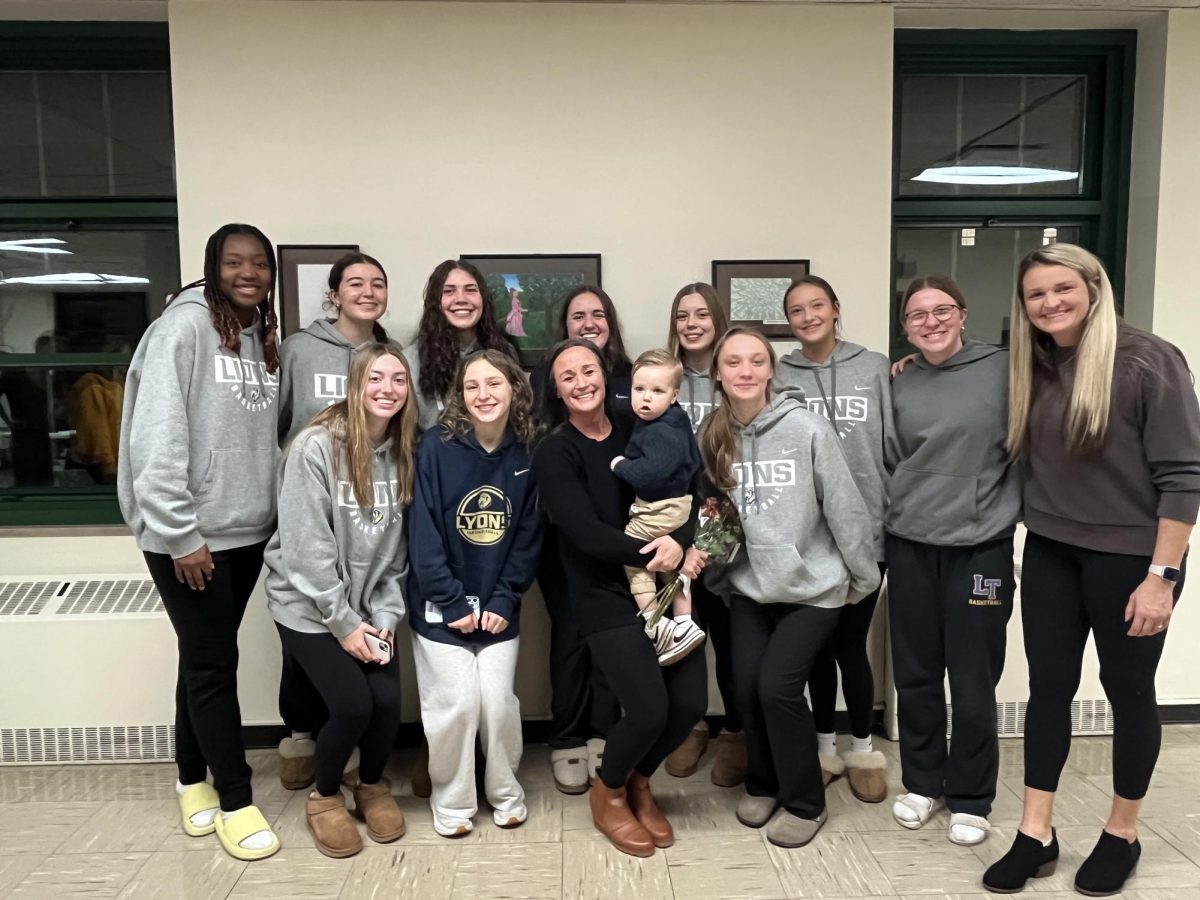

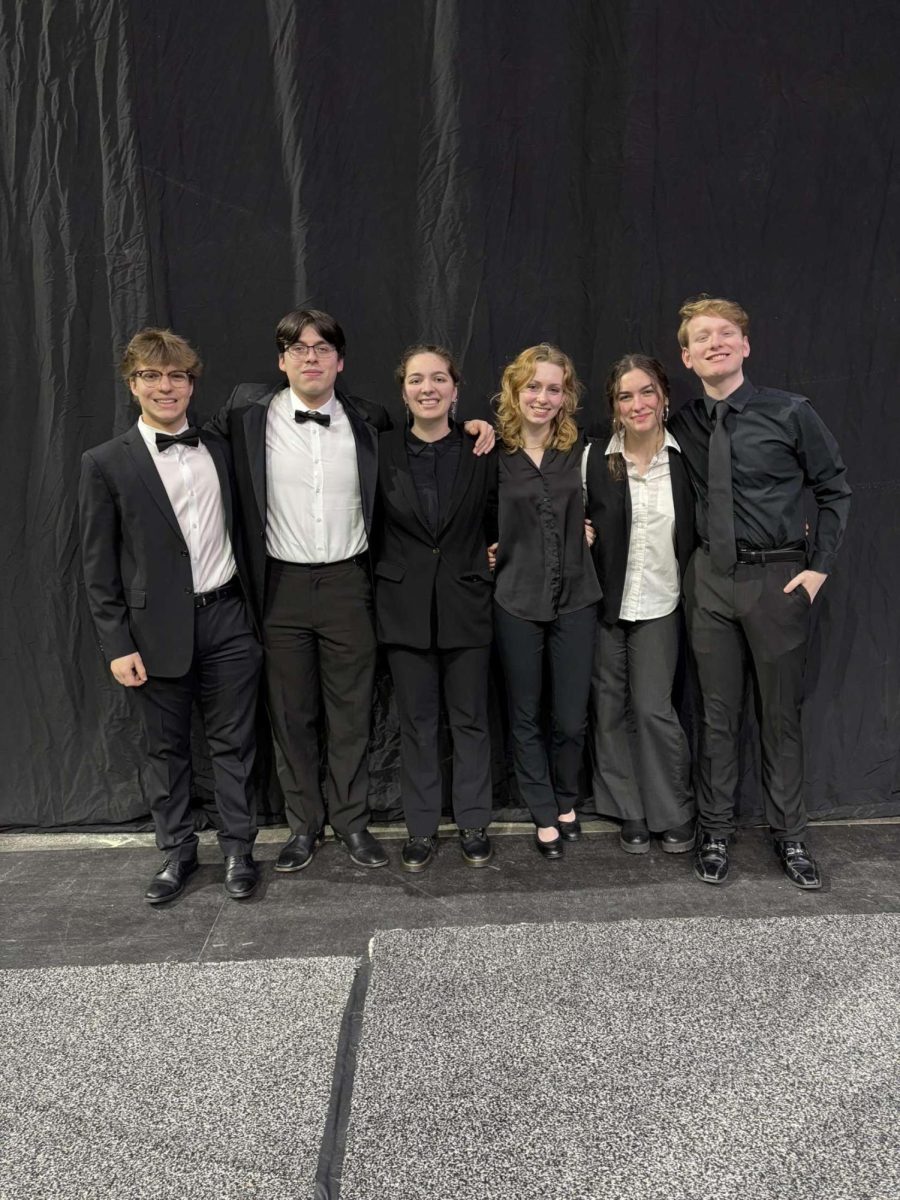
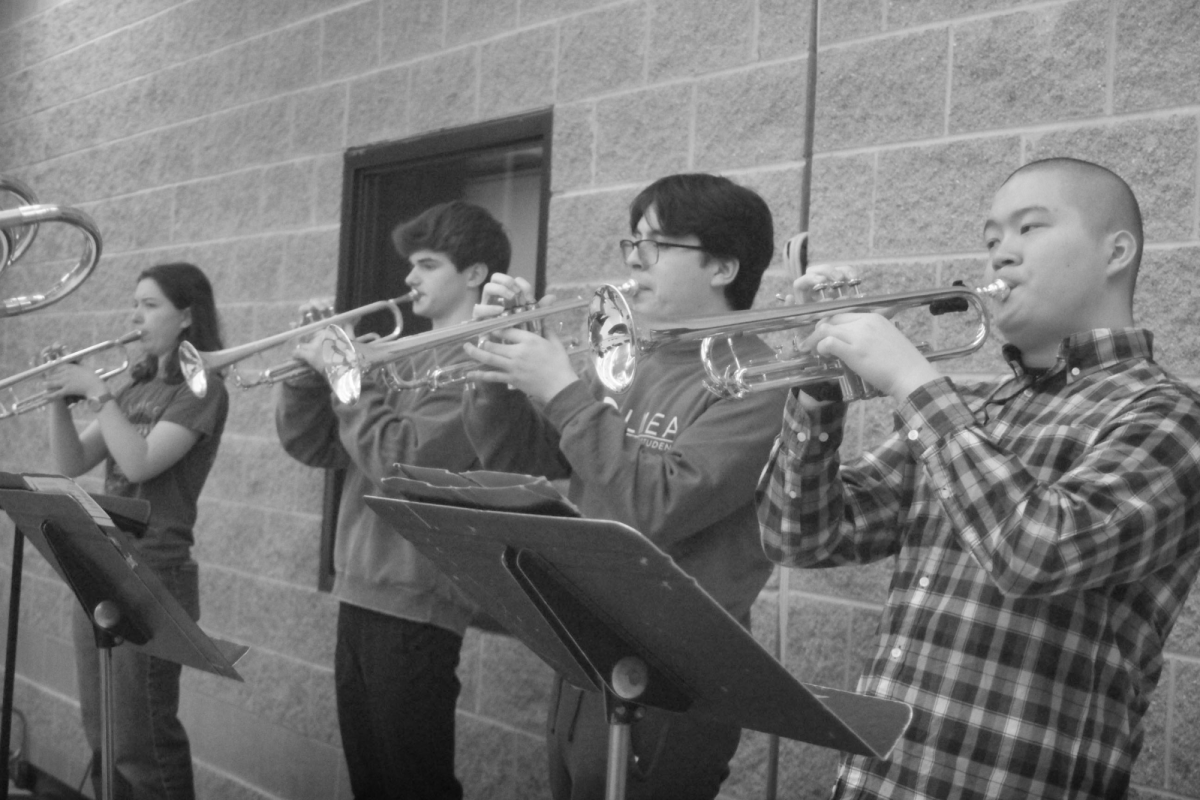

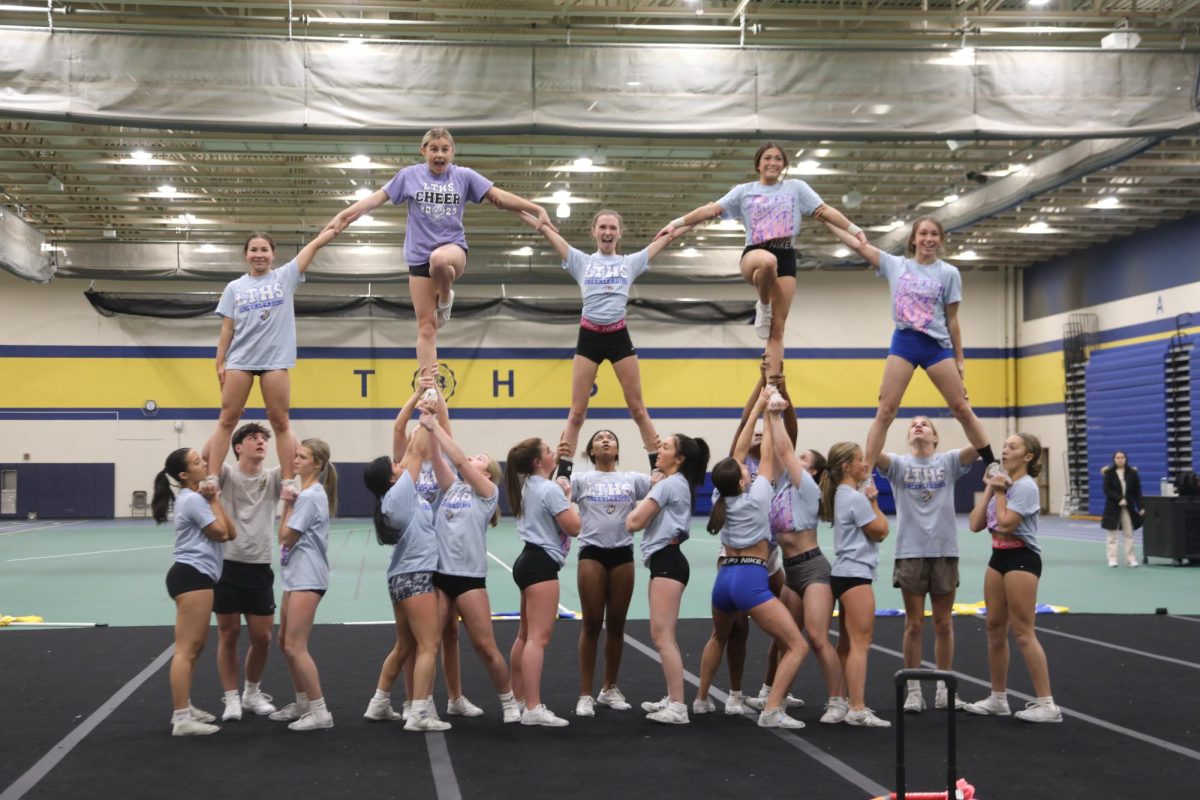
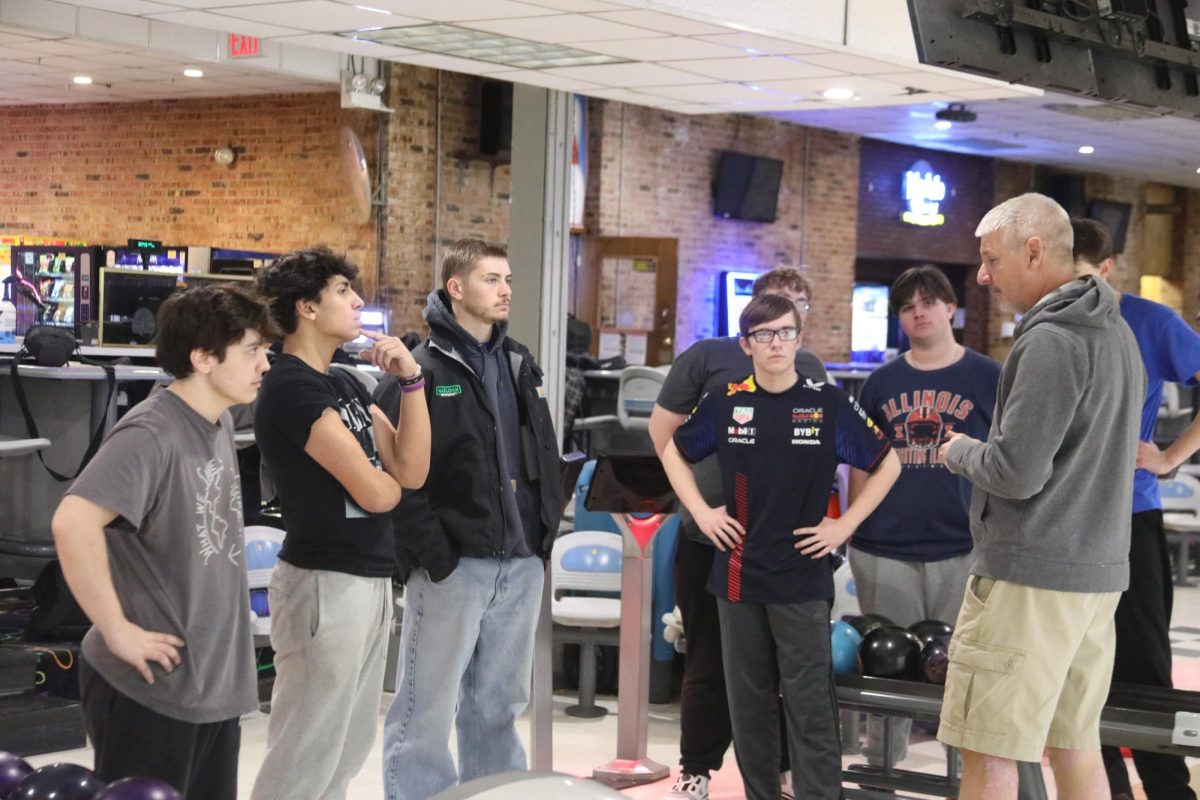
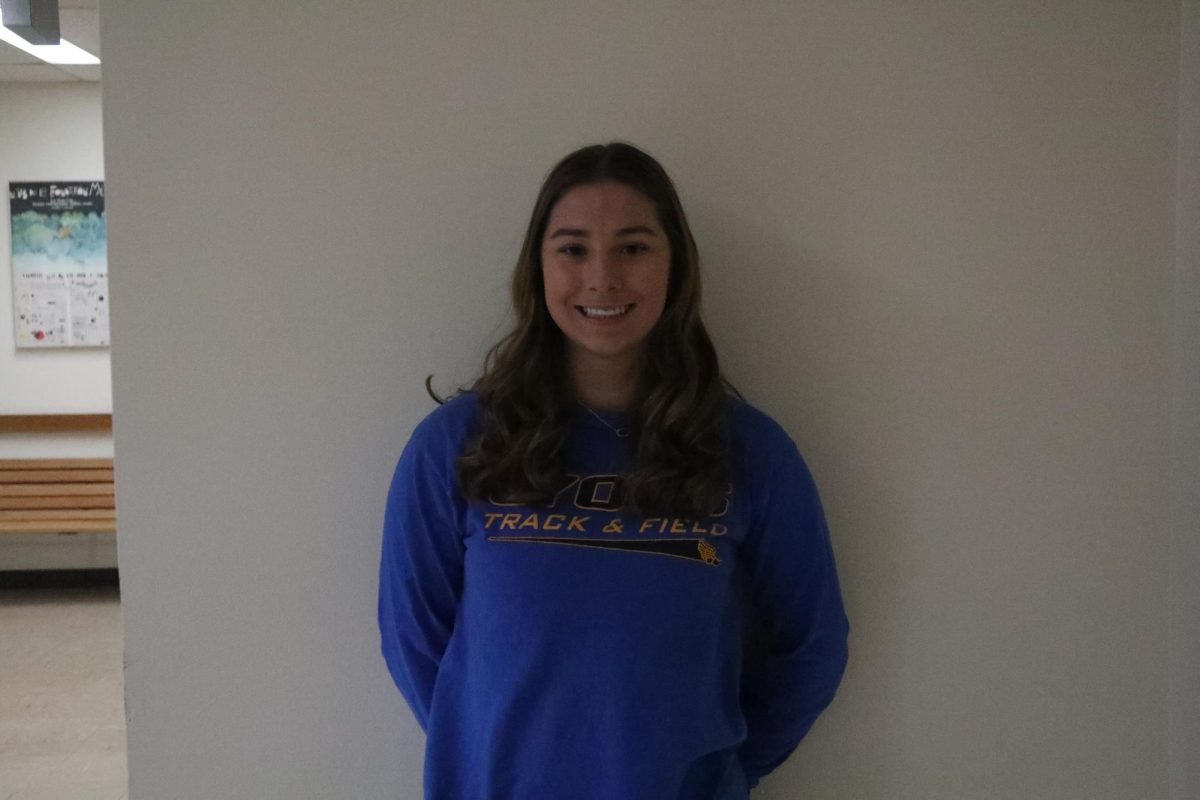
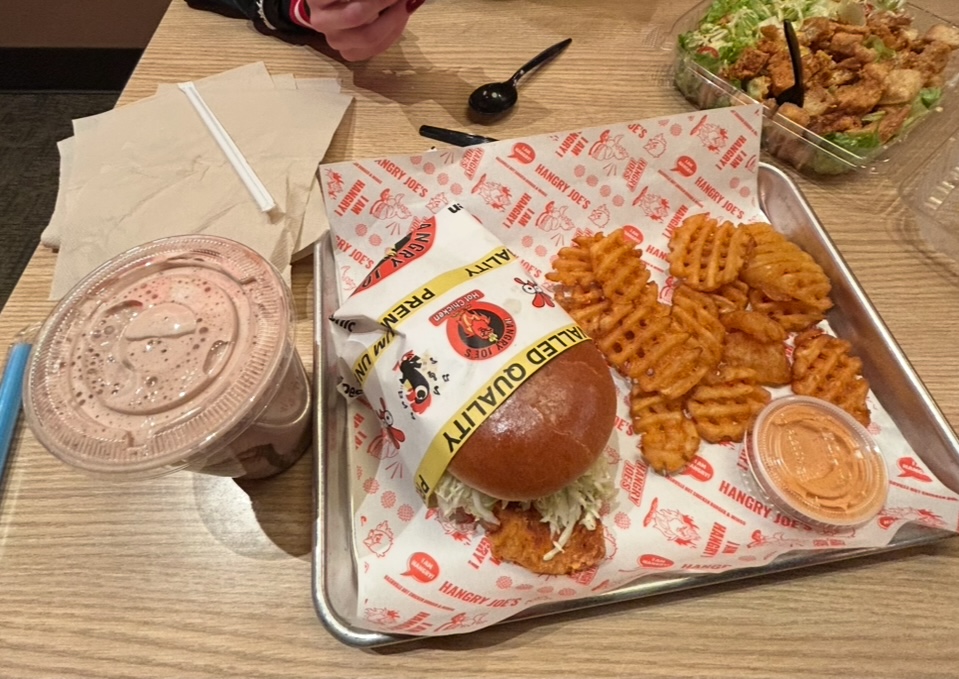
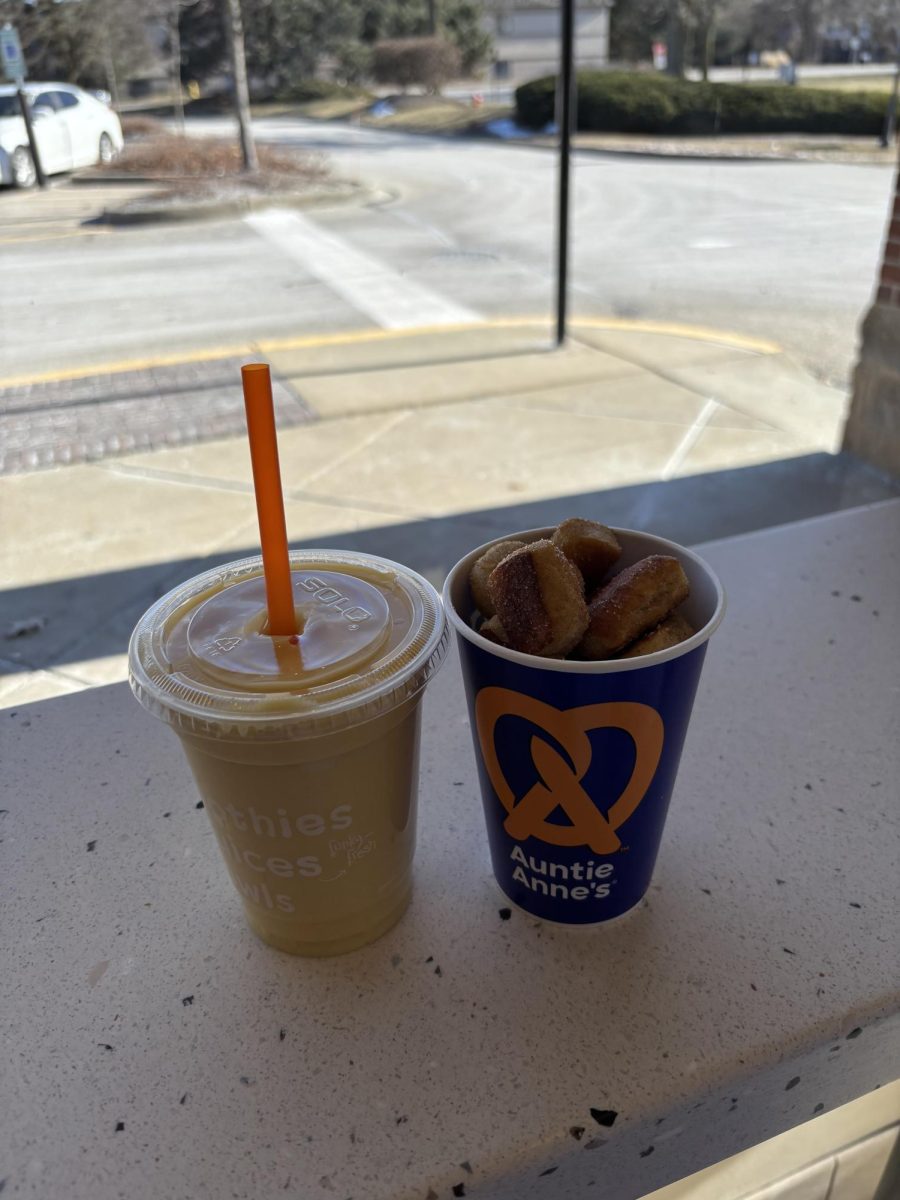







![Movie poster for '[Rec]" (2007).](https://www.lionnewspaper.com/wp-content/uploads/2023/04/rec-640x900.jpg)
